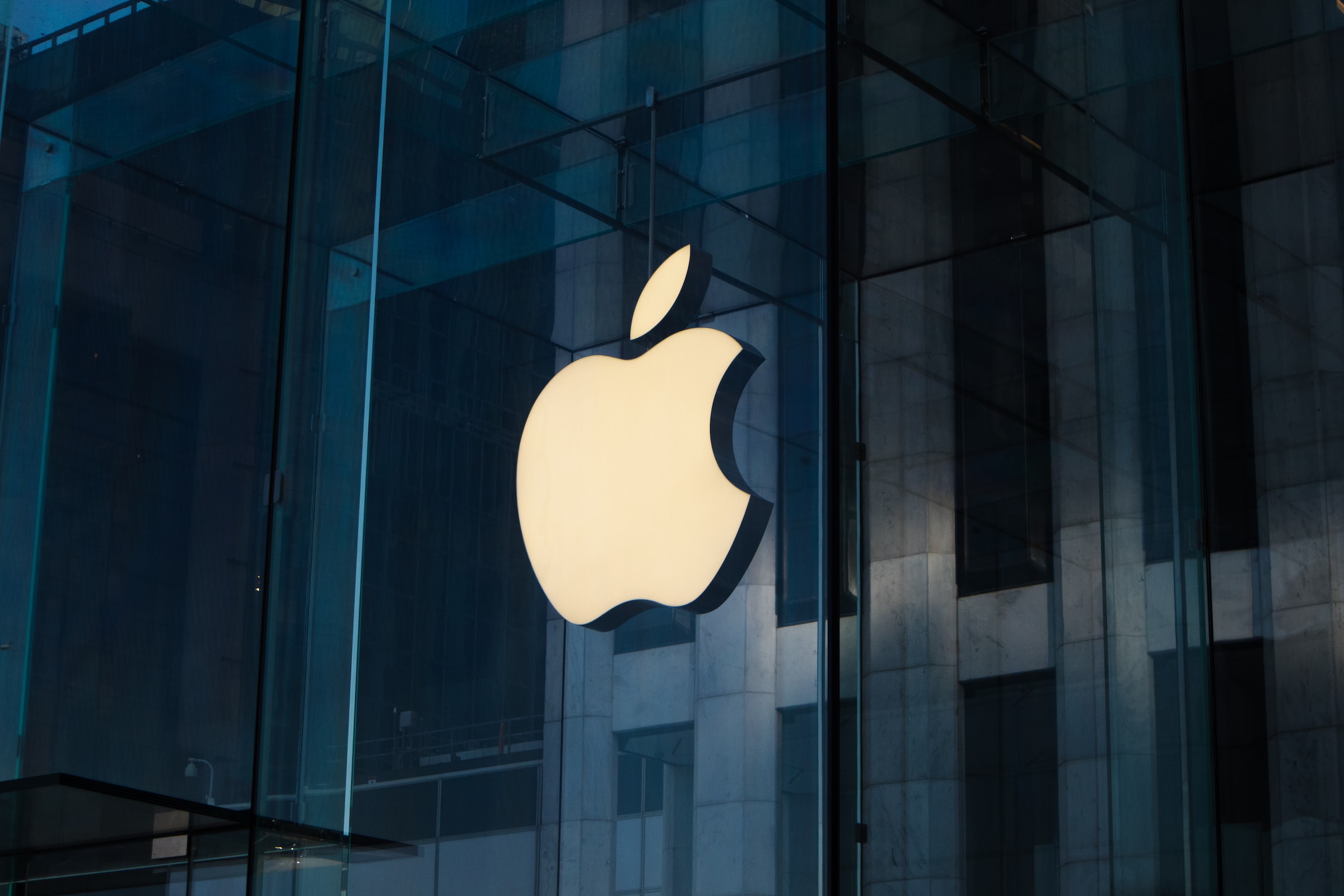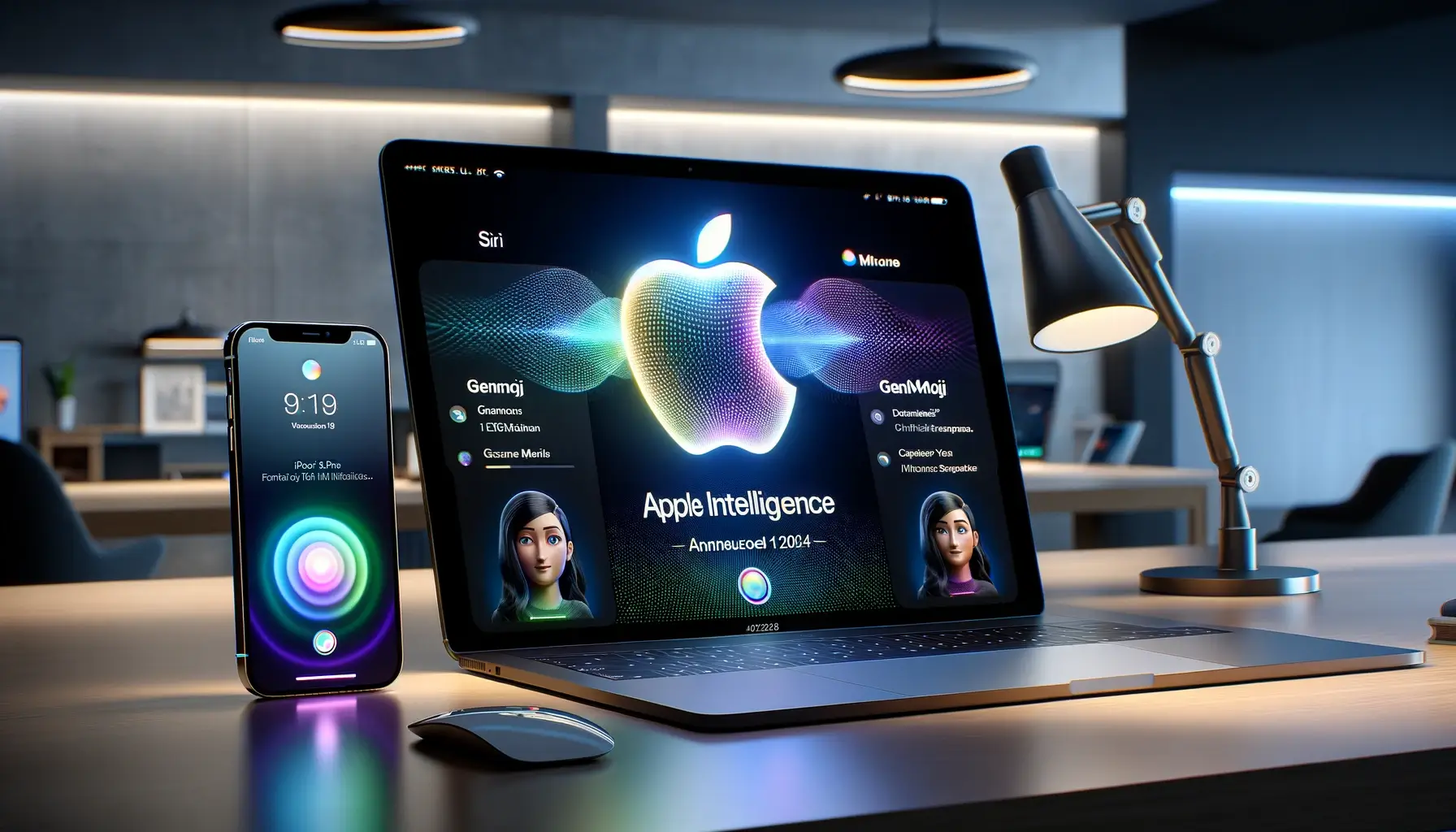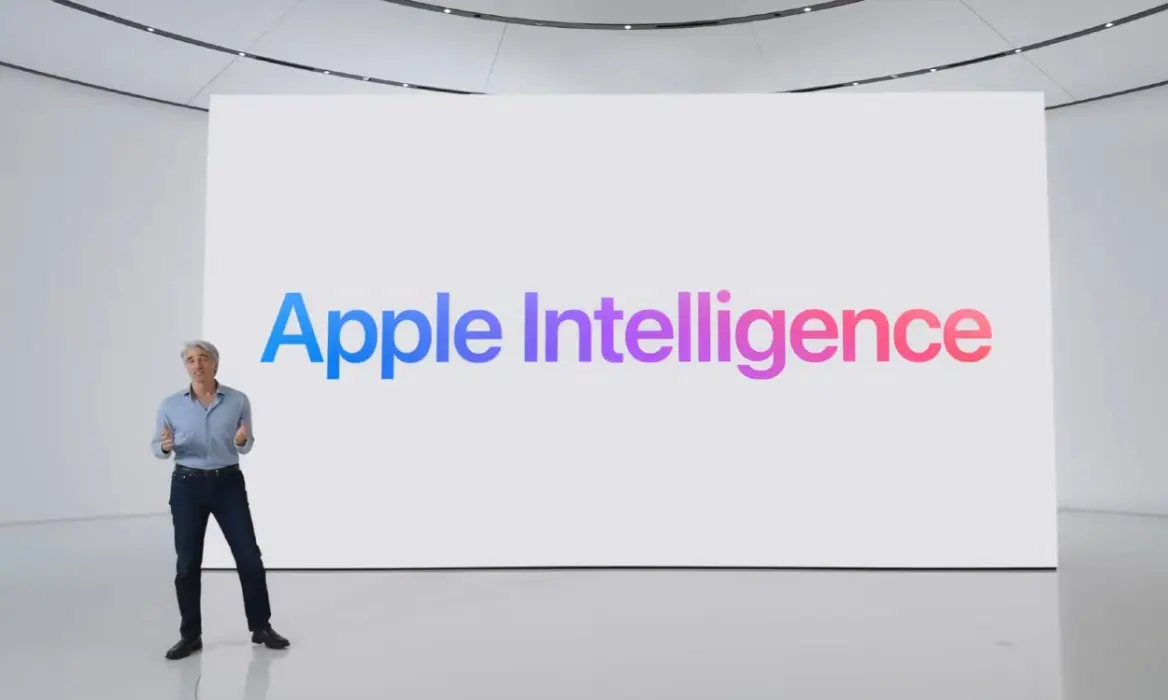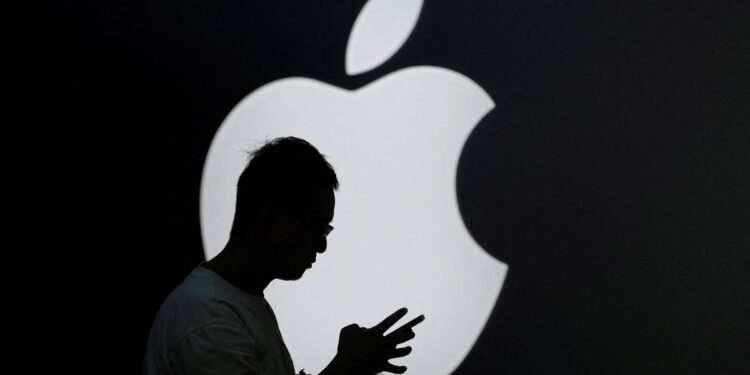Apple, a pioneer in consumer electronics, has been making headlines not just for its sleek designs but for its burgeoning interest in artificial intelligence (AI). Despite its reputation for innovation, Apple has found itself trailing behind industry giants like Google and Samsung in AI development. According to a prominent analyst and reports from within the company, Apple is approximately two years behind its competitors in this crucial field. However, with strategic planning and significant investments, Apple is determined to close this gap and bring advanced AI capabilities to all its devices.

A Delayed Entry with a Promising Future
Apple’s journey into AI has been a topic of much discussion following its annual Worldwide Developers Conference (WWDC) in June. Although the company showcased impressive AI features during the event, the reality is that these advancements are still in the pipeline and have yet to reach the consumer market. Apple’s deliberate pace has raised questions about its ability to keep up with competitors who have already integrated AI into their devices.
Mark Gurman from Bloomberg has shed light on the concerns within Apple, citing that some employees believe the company is lagging by two years in AI development. This timeframe aligns with Apple’s later start in the AI race. Yet, there’s a sense of optimism that permeates the company’s strategy. Gurman suggests that Apple plans to catch up by possibly outsourcing development or integrating third-party language models, including those developed by OpenAI, such as ChatGPT.

Planned Rollouts and Technological Upgrades
Despite the current setbacks, Apple is not standing still. The company has announced that the upcoming iOS 18.1 update will start introducing ‘Apple Intelligence’ features, although not all functionalities previewed at WWDC will be included immediately. This gradual rollout is part of a broader strategy to fully incorporate AI across all Apple devices over the next two years.
Exciting developments are on the horizon, with the recent unveiling of the iPad mini 7, which is equipped with the necessary hardware for Apple Intelligence, including 8GB of RAM and an A17 Pro chip. Similarly, the forthcoming iPhone 17 ‘Air’ and the iPhone SE 4, expected to launch in the Spring of 2025, will also feature enhanced AI capabilities, making advanced technology accessible at various price points.

Bridging the Gap
The road ahead for Apple in AI is ambitious. The integration of AI across its device ecosystem signals a significant shift towards more personalized and intuitive user experiences. Apple’s strategy to incrementally release AI features ensures that each update is robust and well-integrated, potentially allowing the company to not only meet industry standards but also set new ones.
In conclusion, while Apple may currently be perceived as trailing in AI development, its comprehensive plan to deploy ‘Apple Intelligence’ across all devices reflects a clear vision for the future. This approach may very well redefine user interactions with technology and cement Apple’s position as a leader in innovation. As AI continues to shape the tech landscape, Apple’s efforts to adapt and advance in this field will be crucial in maintaining its competitive edge and fulfilling its promise of cutting-edge technology to its loyal customer base.










